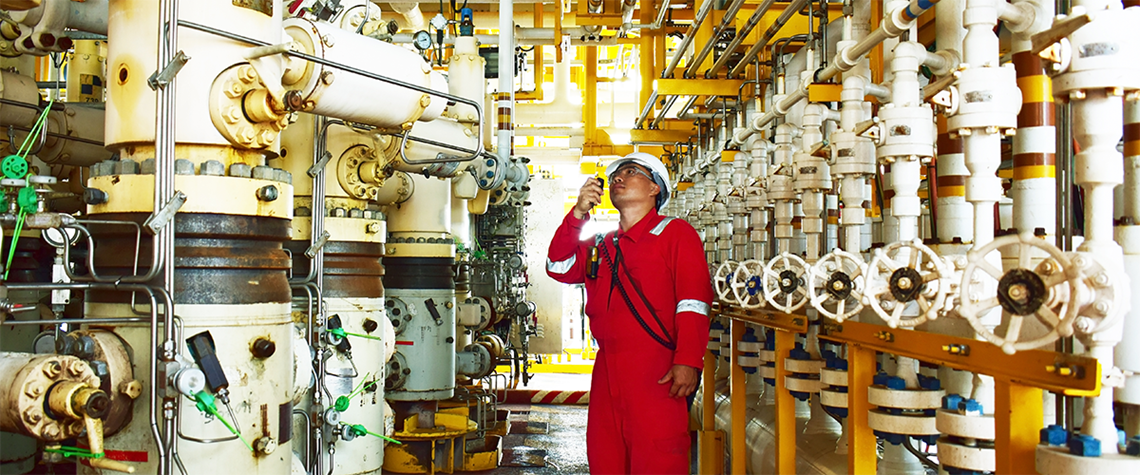Robots redraw the energy workforce
If autonomous machines take control over more aspects of the energy business, will there be an industry at all in the future?
In this article, PE looks at the impact of new technologies on the industry. Part II of II. For the first article, click here. As much as there are benefits, there will be significant consequences to the pervasive uptake of AI. Inevitably, handing over functions to intelligent machine-led systems will lead to a significant loss of manpower. The industry is yet to adequately address that. Audit and consulting firm Deloitte envisages that a reduction in certain job types will be inevitable as transactional processes, routine tasks and specific equipment is automated. In their place, Deloitte sees new roles being created, allowing humans to focus on more human aspects of roles such as emotional

Also in this section
18 February 2026
With Texas LNG approaching financial close, Alaska LNG advancing towards a phased buildout and Magnolia LNG positioned for future optionality, Glenfarne CEO Brendan Duval says the coming year will demonstrate how the company’s more focused, owner-operator approach is reshaping LNG infrastructure development in the North America
18 February 2026
The global gas industry is no longer on the backfoot, hesitantly justifying the value of its product, but has greater confidence in gas remaining a core part of the global energy mix for decades
18 February 2026
With marketable supply unlikely to grow significantly and limited scope for pipeline imports, Brazil is expected to continue relying on LNG to cover supply shortfalls, Ieda Gomes, senior adviser of Brazilian thinktank FGV Energia,
tells Petroleum Economist
17 February 2026
The 25th WPC Energy Congress, taking place in Riyadh, Saudi Arabia from 26–30 April 2026, will bring together leaders from the political, industrial, financial and technology sectors under the unifying theme “Pathways to an Energy Future for All”







